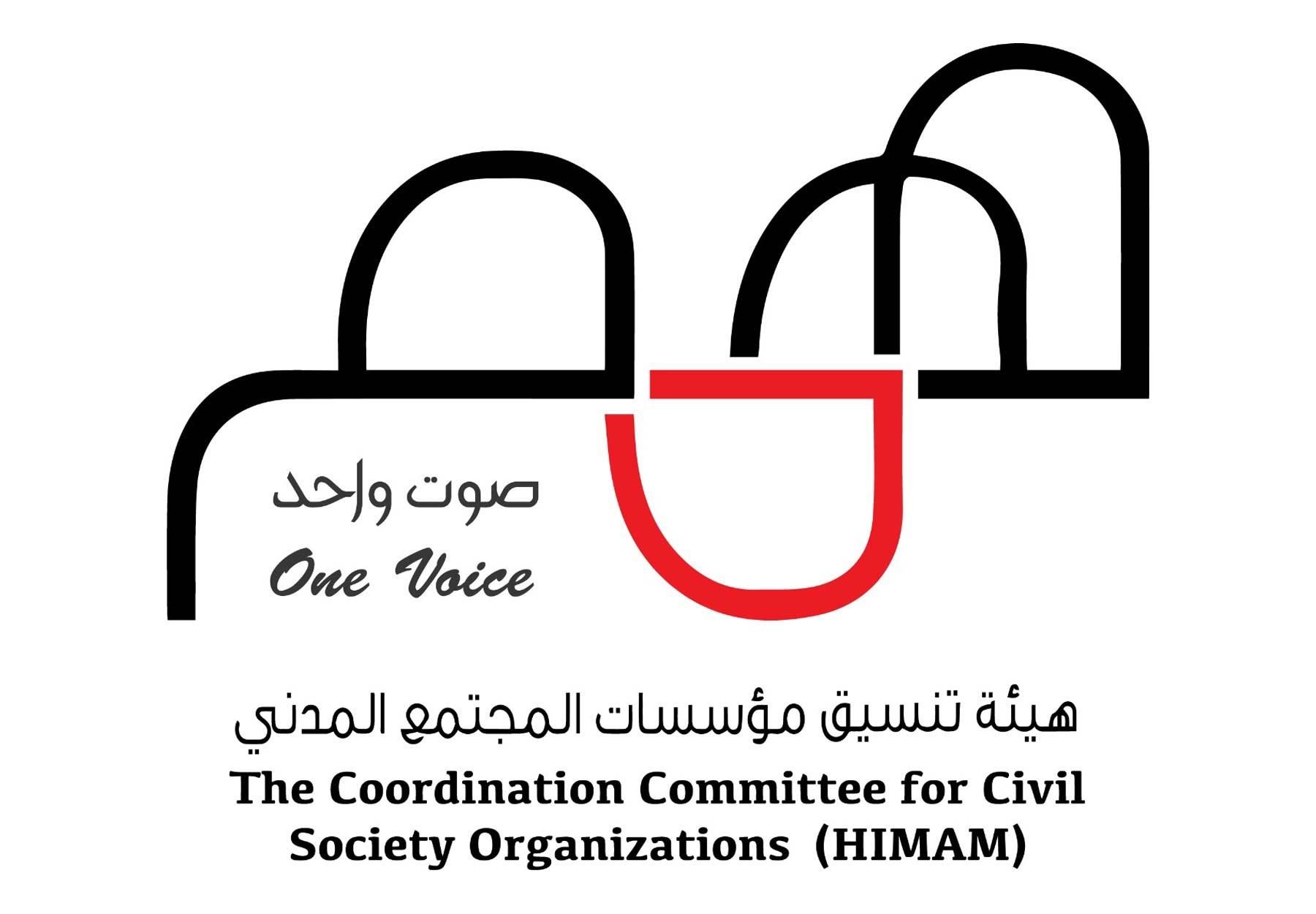
APN | Amman
20 December 2023
APN General Manager, Mariam Al Jaajaa, contributed to a dialogue titled "Civil Society Relations with Donors and Empowering the Role and Independence of Civil Society”, organized by the Coordination Committee for Civil Society Organizations (HIMAM). The discussion focused on exploring the dynamics between donors and civil society organizations, especially in light of the ongoing Israeli aggression on Gaza and its effects on these relationships. The objective was to devise strategies for strengthening the independence and autonomy of these CSOs.
In her intervention, Al Jaajaa emphasized APN’s consistent internal policy position against accepting foreign funding. Nevertheless, she shed light on the organization's disagreeable experiences with foreign-funded initiatives, citing examples such as EU-hosted regional conferences which enforce normalization with the Israeli occupation, and USAID's role in enforcing GMOs in Jordan, rather than supporting independent local food systems. These experiences affirmed APN’s conviction that foreign funding is a form of neocolonialism. Al Jaajaa emphasized the necessity for radical change in the unhealthy relationship between donor agencies and local organizations that led to distorted socioeconomic sectors marked by excessive dependence and systematic decline.
The current war on Gaza revealed that the struggle is not only confined between the Zionist occupation and Palestine; but is in fact a broader struggle between governments of colonial countries and the rest of the world, and this has to be integrated into our re-assessment and new vision of CSO relationships with donors.
Al Jaajaa concluded by offering recommendations for organizations accepting foreign funding, proposing a classification of donor agencies into distinct categories. The first category comprises agencies where stringent frameworks and standards are imposed, compelling them to respect local priorities and partners and to refrain from conditional funding. A separate classification needs to be established for donors with questionable agendas or grave human rights violations, from whom CSOs will abstain from accepting any financial support irrespective of whether it’s attached to formal conditions.
Additionally, Al Jaajaa highlighted the importance of exploring alternatives to foreign funding, such as reinforcing social responsibility, establishing and reaching out to Arab funds, and engaging in popular campaigns, the success of which is contingent on aligning with local priorities that have a direct impact on communities. Finally, Al Jaajaa advocated for a comprehensive assessment of foreign donors, emphasizing the importance of not solely focusing on the "positive" experiences that donors showcase to improve their image. Instead, the evaluation should encompass all projects and their broader impacts on the country’s different sectors. She concluded by calling on participating organizations not to be part of the image-polishing tactics of donors. Instead, she encouraged them to adopt a unified position that is key to reforming donors’ practices. While it may entail some compromise on the short term, she emphasized that this is the sole path toward achieving sustainable, just, and genuine development.